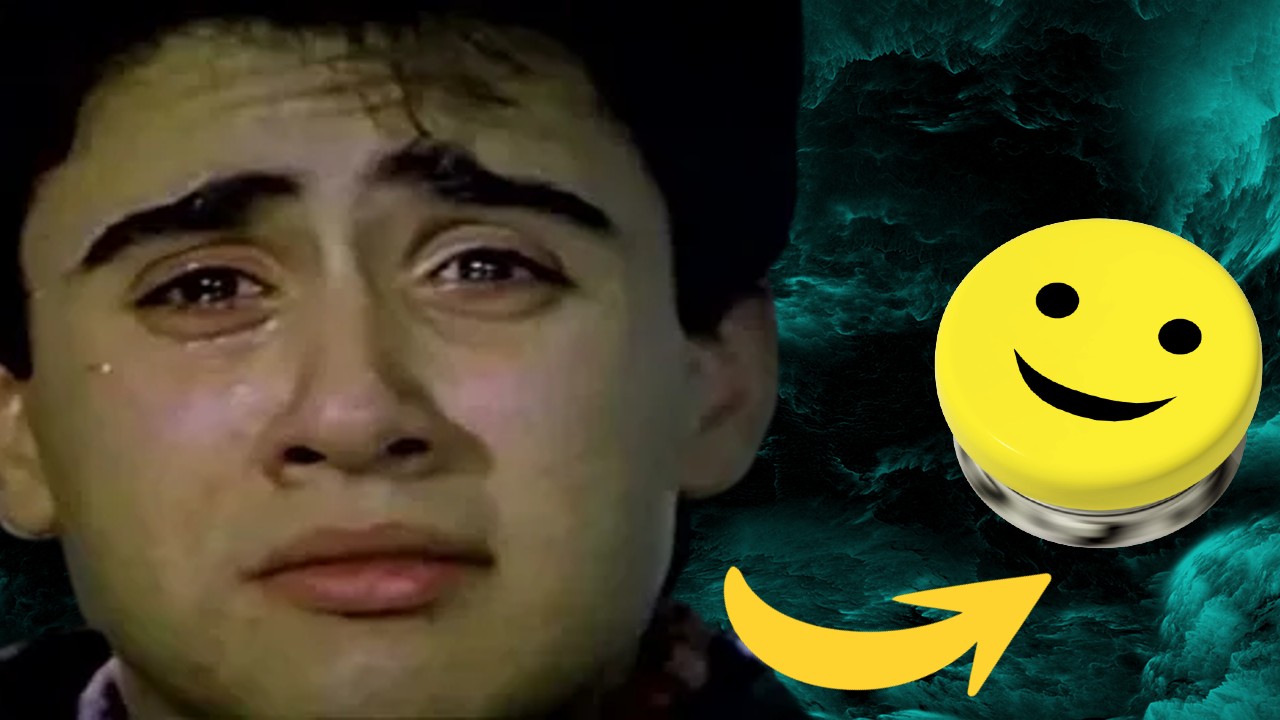Did you know that Turkey is getting more and more unhappy? According to the report “The happiest countries in the world” published by the UN in 2019, while Turkey was in the 47th place, it fell to the 102nd place according to the report published in 2022.
As one of the most unhappy countries in the world and also one of the most tense countries in the world, perhaps we need to question the concept of happiness again. Is happiness that unattainable for us? If happiness is somewhere within us, as meditation gurus say, why can’t we be happy?
When you said you would be happy if I got it, but now you get it you are not that happy Has something happened to you that you noticed? Here are the theories that we will talk about shortly, telling us exactly why this situation is happening.
According to psychology professor Daniel Gilbert, it is impossible to be happy.
If you are wondering why this psychology professor working on the pursuit of happiness thinks this way, continue reading the article. According to him, humans went through 3 evolutions; The first evolution was the agricultural revolution, then the industrial revolution and finally the technological revolution.. The professor thinks that today, in the technological revolution, people are not happy even though they have the luxury of having everything they need. According to him, perhaps this is happening for the first time in history. And yet, no one is happy. He bases his theory on this, which he calls the Illusion of the End of History.
The Illusion of the End of History Theory According to him, one of the most important aspects that separates us from animals; While animals learn only from their experiences, humans learn by dreaming and predicting the result with the help of the frontal lobe of their brains. So because you can dream, you set goals for yourself. You think that you will be happy when you reach those goals. But after you reach it, you realize that you are not as happy as you thought, and you set new goals, thinking that you will be happy when you reach them. Therefore, your life is spent longing for happiness.
Heidegger had said similar things years ago with the concept of ‘dasein’.
Heidegger had introduced the German concept ‘dasein’ years ago into the literature of psychology and philosophy. While Dasein means existence and life in German, Heidegger gives it a new meaning, meaning ‘to be human’. That is, the existing is the human being here; so dasein must be human.
The connection between it and daily life is as follows: We constantly set new goals for ourselves and think that we will be happy when we reach those goals. For example, completing undergraduate education, finding a job, getting married, starting graduate school. But after reaching this goal, right there, in that state of dasein, that bliss is short lived and we feel empty again.. That’s why we need to find a new goal for ourselves and work for it. So over time these goals become our daseins. We become what we work for. Conclusion: Here, too, happiness is a desired but unattainable concept.
We may be accustomed to happiness because of hedonic harmony.
According to this theory of why we are not happy, we get used to happiness. This theory was put forward by Brickman and Campbell in the 1970s. These two scientists define hedonic harmony as follows: People adapt to both good and bad situations, so after a while we return to our previous level of happiness. In their research, when they compared lottery winners to other people, they found that they were only slightly too happy.
Conclusion: Maintaining happiness can be difficult.

It is understood from these theories that life is spent searching for happiness and it is impossible to maintain happiness. Either we get used to happiness or we fall into the void because we can’t set a new goal. We somehow manage to be unhappy.
